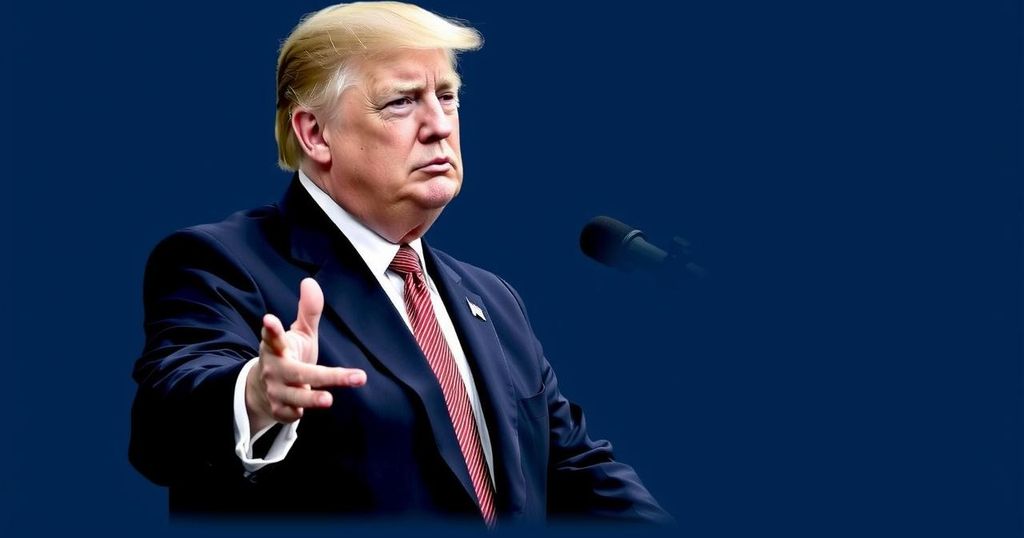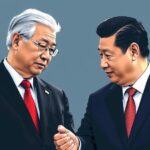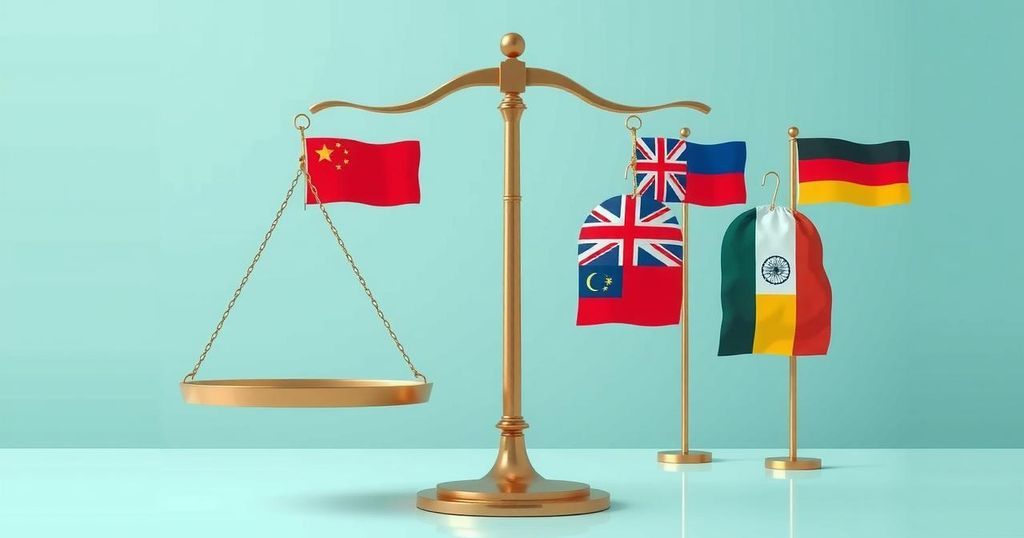Politics
ANA SWANSON, ASIA, BIDEN, BIDEN ADMINISTRATION, CHINA, CUBA, DONALD J. TRUMP, EDWARD WONG, EL, ELON MUSK, FITZGERALD, FLORIDA, FOREIGN POLICY, FOX NEWS, GEOPOLITICS, HOWARD LUTNICK, LUTNICK, MARCO RUBIO, MEXICO, MICHAEL WALTZ, NATIONAL SECURITY, NORTH AMERICA, OF THE U. S. TRADE REPRESENTATIVE, PETE HEGSETH, SENATE, TAIWAN, TRUMP, U. S, UNITED STATES, US-CHINA RELATIONS, WASHINGTON
Dante Raeburn
Assessing Trump’s Dual Approach to China: Hawkish Advisers vs. Business Interests
This article analyzes the conflicting approaches within Donald J. Trump’s administration regarding China policy, with some advisers favoring confrontation while others advocate for maintaining trade ties. It highlights the dual pressure exerted on Trump as he navigates military and economic strategies in response to China’s growing influence.
President-elect Donald J. Trump is assembling a cabinet filled with advisers advocating for a robust confrontation with China across multiple domains, including military and economic spheres. Such a strategy suggests a significant shift in U.S. foreign policy, particularly when considering China’s growing military capabilities and its second-largest economy status. While key figures in Trump’s administration lean toward a hawkish approach, there are indications he may also support a more centrist trade policy, potentially to maintain favorable stock market conditions. Prominently, Howard Lutnick, designated as commerce secretary, has expressed favor for targeted tariffs, hinting at Trump’s possible interest in negotiating a trade agreement with China rather than pursuing outright decoupling. As the Trump administration prepares to take office, there appears to be a dichotomy between hardline national security advisers and those with established business relations in China. Figures like Marco Rubio and Michael Waltz advocate for a confrontational stance against China, while businessmen like Lutnick and Elon Musk represent perspectives favoring commercial engagement. This mixture of advisors introduces uncertainty regarding future U.S.-China relations, as both nations possess complex, multifaceted interactions that span trade and security issues. Trump’s strategy of balancing hawkish rhetoric with a transactional approach may lead to fluctuating policies regarding China, as the president has previously demonstrated a willingness to pivot based on business interests. For instance, he has altered his stance on specific Chinese companies and expressed fluctuating views on tariffs. Ultimately, the influence of Chinese leadership, especially Xi Jinping, may play a critical role in shaping the trajectory of U.S.-China diplomacy as both nations navigate their competitive relationship.
The article examines the complex dynamics of U.S.-China relations under the forthcoming administration of President-elect Donald J. Trump. Trump’s appointees exhibit a mix of hawkish and business-oriented perspectives that may lead to conflicting approaches regarding China. With an emphasis on military posture, trade, and technology, Trump’s administration is reflecting a likely inclination toward confrontation. However, the article acknowledges the potential for a more flexible trade strategy, driven in part by economic considerations and the influence of advisers with vested interests in China.
In conclusion, the evolving landscape of U.S.-China relations under Donald J. Trump may blend aggressive tactics with potential negotiations. The divergent views within his administration reflect both a strong inclination to confront China and a pragmatic recognition of the necessity for trade relations. The outcomes will depend significantly on the interplay between Trump’s transactional inclinations and the hawkish positions of his primary advisers. As this relationship develops, the global implications remain substantial, particularly amidst China’s ambitions on the international stage.
Original Source: www.nytimes.com








Post Comment